How to Use Rain Water at Home
With water becoming increasingly scarce and expensive, using rainwater at home is a great way to save money and conserve our precious resources. Rainwater is free, abundant, and can be used for a variety of purposes around the home. In this post, we’ll go over the various ways to collect, store, and how to use rainwater at home.
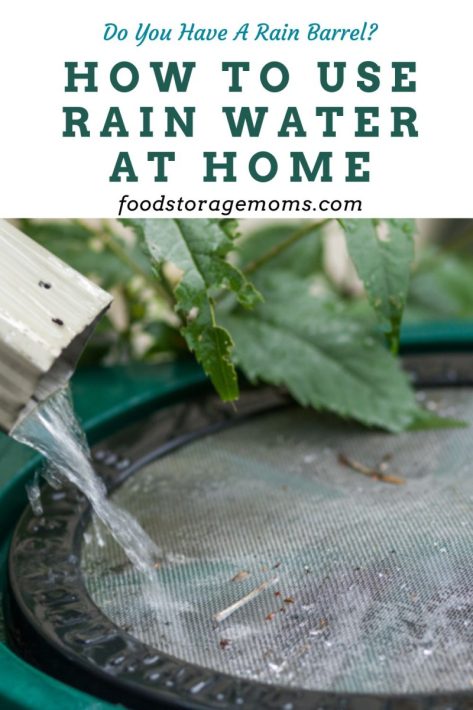
Collection Methods for Using Rain Water at Home
There are several methods for collecting rainwater, each with its own advantages and disadvantages. Having a rainwater harvesting system is a good idea!
Roof Collection
One of the most common methods of rainwater collection is through a roof system. This typically involves installing gutters along the edge of the roof and directing them to a downspout that leads to a rain barrel or other storage container. Roof collection systems can be relatively inexpensive and easy to install and maintain. However, they are not as effective in areas with low rainfall or where the roof is dirty, as debris can clog the gutters and downspouts.
Surface Collection
The surface collection method involves directing rainwater into a shallow basin or depression in the ground. It can be a simple, low-tech solution for areas with high rainfall and low evaporation rates. However, it is less effective in drier areas and may require more maintenance and cleaning than a roof collection system.
Hydroponic Systems
Hydroponic systems use water as part of the growing medium for plants. These systems can be designed to capture and reuse rainwater, reducing the need for expensive irrigation systems and minimizing water waste. Hydroponic systems can be expensive to set up and maintain, but they have the added benefit of producing fresh, healthy food. How to Start a Garden
I plant lettuce and herbs in AeroGardens, the best purchase I ever made. A reader told me about them. AeroGardens
Storage Methods
Once you have collected rainwater, you need to store it for later use. There are several storage options to choose from. If rainwater is your primary water supply, then check out these catchment system options.
Use of Rain Barrels
Rain barrels are a relatively inexpensive and easy way to store rainwater. They can be purchased at most hardware stores or online and are designed to fit under downspouts. However, they are limited in the amount of water they can hold and may need to be emptied and cleaned periodically to prevent bacteria buildup. Rain barrel water is actually quite popular and a great way to use stormwater runoff! How to Prepare for a Drought
Cisterns
Cisterns are larger storage tanks that can hold hundreds or even thousands of gallons of water. They are more expensive than rain barrels and require professional installation, but they can provide a more reliable source of water for larger households or agricultural needs. Cisterns can also be buried underground to reduce the visual impact and to help protect them from freezing temperatures. Cisterns are a great storage tank for water, so if you’re thinking about what to do with collected water, this is a good idea!
Ponds
Ponds are another option for storing rainwater. They can be created by digging a shallow depression in the ground and lining it with an impermeable material such as plastic or clay. Ponds can provide a natural habitat for wildlife and be used for irrigation, landscaping, and even swimming. However, they require more maintenance than other storage methods and may not be suitable for all climates or soil types. Ponds are one of the easiest long-term ways to collect and store water! It also allows for water conservation in a more natural storage environment. 3 Ways to Prevent Flooding
Uses for Rain Water
Once you have collected and stored rainwater, there are many ways to use it around the home. Having a rainwater collection system in place is a good idea if you’re a prepper.
Irrigation
Rainwater is an excellent source of irrigation for plants, lawns, and gardens. It contains no chlorine or other chemicals found in tap water and is free of salts and other minerals that can accumulate in the soil over time. Using rainwater for irrigation can also reduce water bills and conserve municipal water supplies.
Cleaning
Rainwater can be used for cleaning various household items and surfaces. From washing your car to cleaning your windows, using rainwater instead of tap water can save money and reduce the amount of chemicals needed for cleaning. If you’re using free water, then why not use it for cleaning? You can also use it for other outdoor uses when you’re cleaning! How To Love Cleaning Bathrooms
Flushing Toilets
Flushing toilets is one of the biggest uses of water in the average household. By using rainwater to flush your toilets, you can reduce your water bill and help conserve municipal water supplies. How To Make Your Own Portable Emergency Toilets
Laundry
Rainwater can also be used for doing laundry. It is free of minerals that can cause damage to fabrics and is less harsh than tap water, reducing the need for harsh detergents. How To Clean Your Laundry After A Disaster
FAQs about Using Rain Water at Home
Here are some frequently asked questions about how to use rainwater at home:
Is it safe to drink rainwater?
While rainwater is generally considered safe to drink, it can contain pollutants or bacteria that can make you sick. It is important to treat rainwater before drinking it, either by boiling it or using a filtration system specifically designed for untreated stored water. Big Berkey is a great system, and also PortaWell. Water Filtration System
How much rainwater can I collect?
The amount of rainwater you can collect will depend on the size of your collection system and the amount of rainfall in your area. In general, one inch of rainfall on a 1,000-square-foot roof can yield around 600 gallons of water. It’s important to evaluate how much space you have available to install the various storage systems.
Is it legal to collect and use rainwater?
Rainwater collection and use is legal in most states in the United States, but regulations can vary by state and even by municipality. It is important to check with your local government agencies to make sure you are following all applicable laws and regulations.
How often does the rainwater storage system need to be cleaned?
The frequency of cleaning your rainwater storage system will depend on several factors, including the size of your system, the amount of rainfall in your area, and the type of storage container you’re using. As a general rule, rain barrels should be emptied and cleaned at least once a year to prevent bacterial growth and debris buildup.
Can I use rainwater in my swimming pool or hot tub?
Rainwater can be used in swimming pools and hot tubs, but it will need to be treated to ensure that it is safe for swimming. This may include adding chlorine or other chemicals to kill bacteria or using a filtration system specifically designed for pool or hot tub water.
How much money can I save by using rainwater?
The amount of money you can save by using rainwater will depend on several factors, including the size of your collection system, the amount of rainfall in your area, and your current water usage. In general, using rainwater for irrigation and other non-potable uses can save you anywhere from 30-50% on the average water bill.
Is it worth the investment to install a rainwater collection system?
The cost of installing a rainwater collection system can vary widely depending on the size and complexity of the system. However, in most cases, it is worth the investment in terms of the money you can save on your water bill and the environmental benefits of conserving resources. It is important to do a cost-benefit analysis to determine the best system for your needs and budget.
More Water Tips
- Is Tap Water Safe to Drink?
- Water Storage: How Much Do You Really Need?
- Creative Water Storage Solutions for Emergencies
Final Word
Now you know that using rainwater at home is a great way to save money, conserve resources, and reduce your environmental impact. Whether you are looking to install a small rain barrel or a large cistern, there are many options available to fit your needs and budget. By using rainwater for irrigation, cleaning, and other household needs, you can make a positive impact on the environment and your wallet. May God Bless this world, Linda
Copyright Images: Rain Barrel Depositphotos_188035834_S

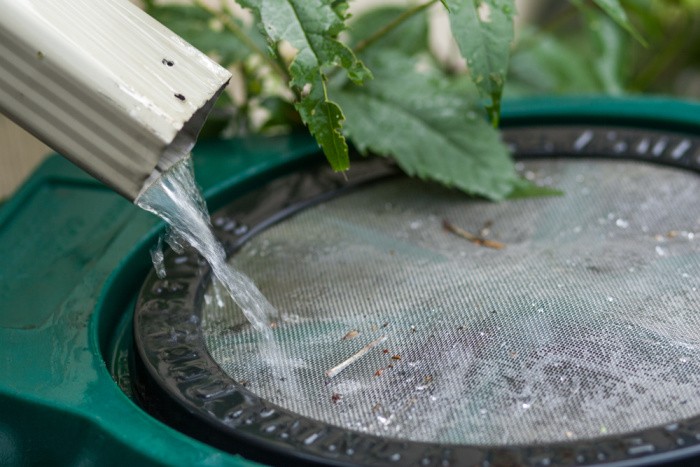

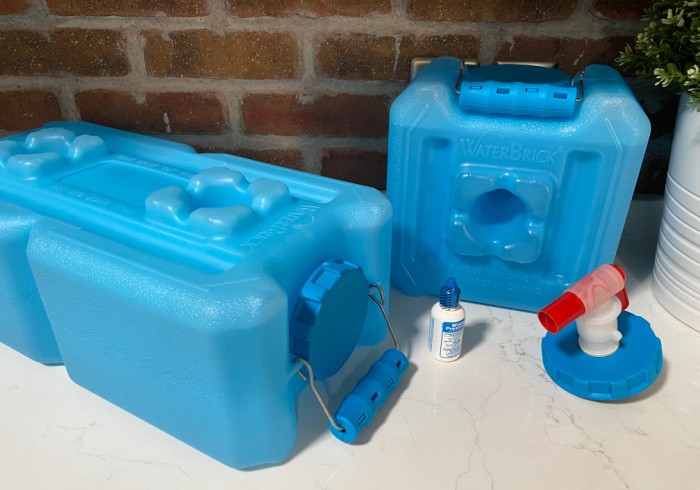
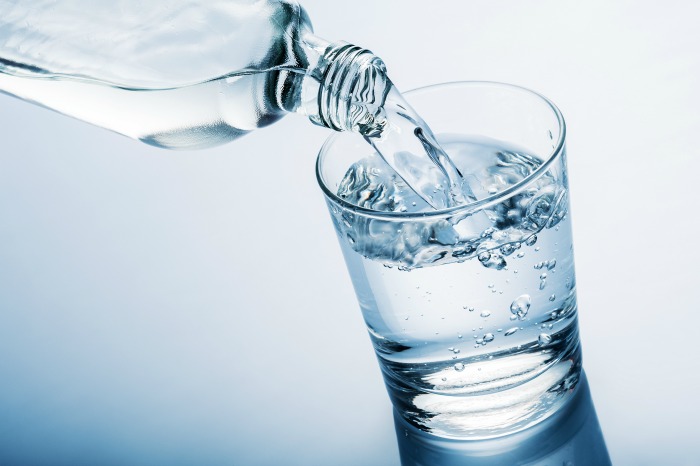
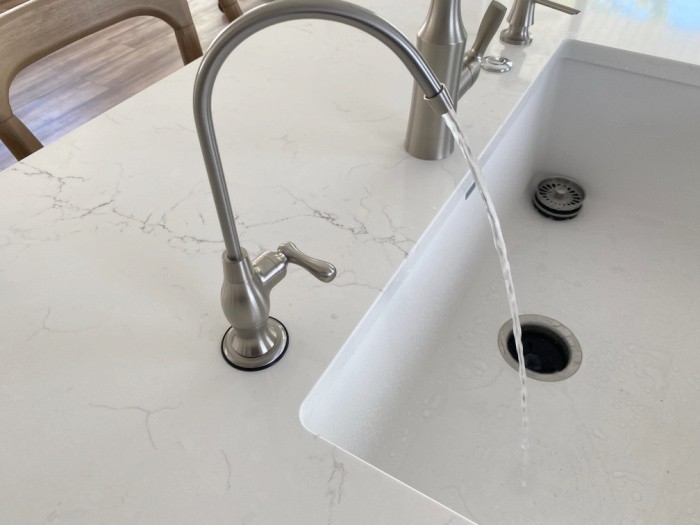
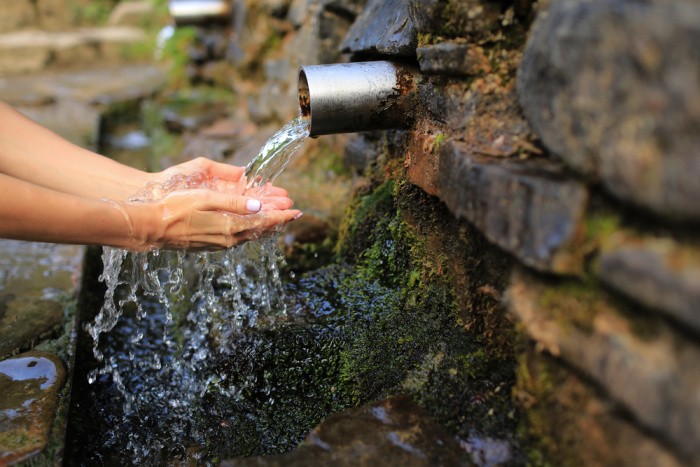
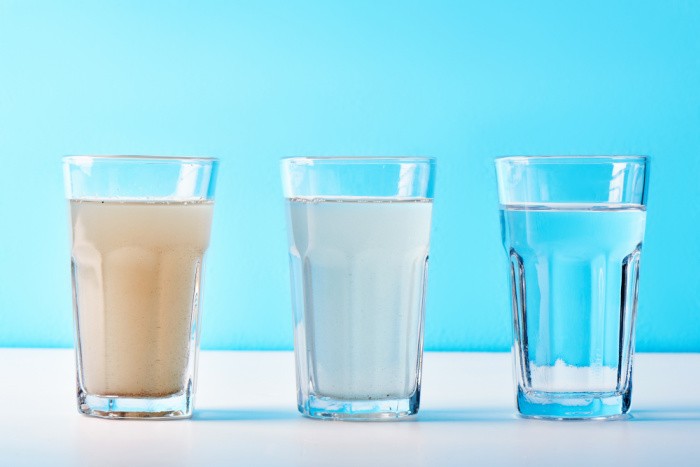
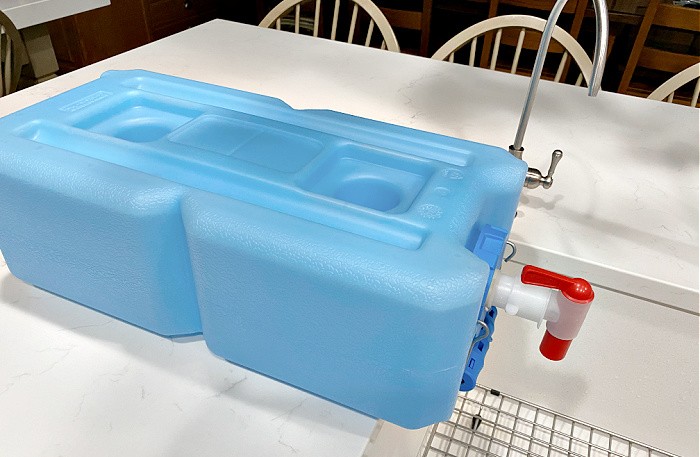





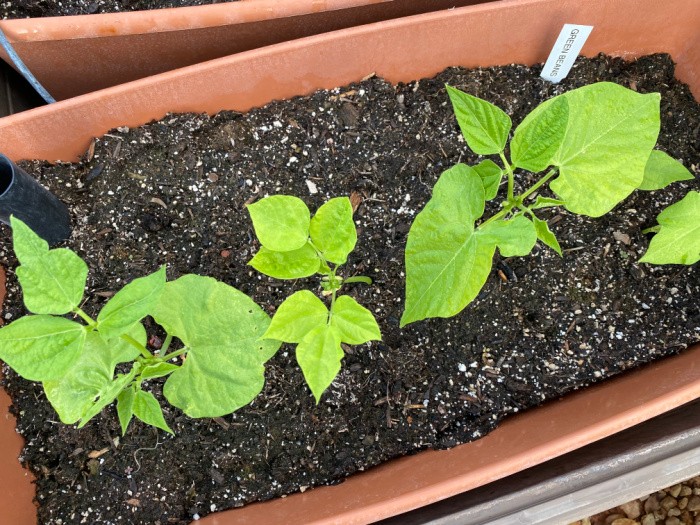
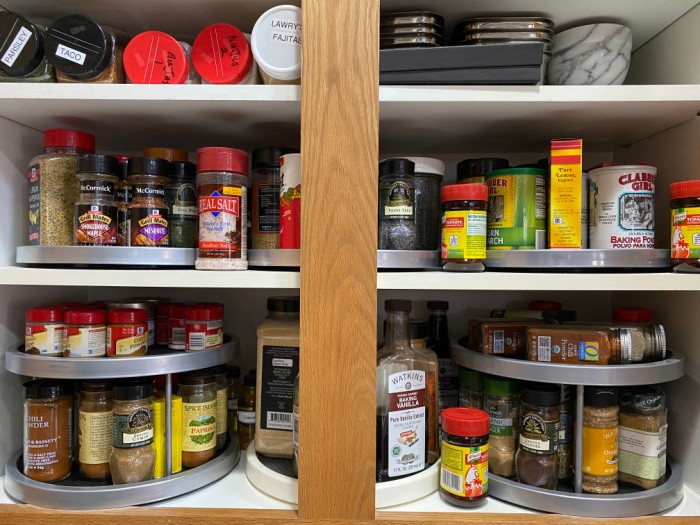
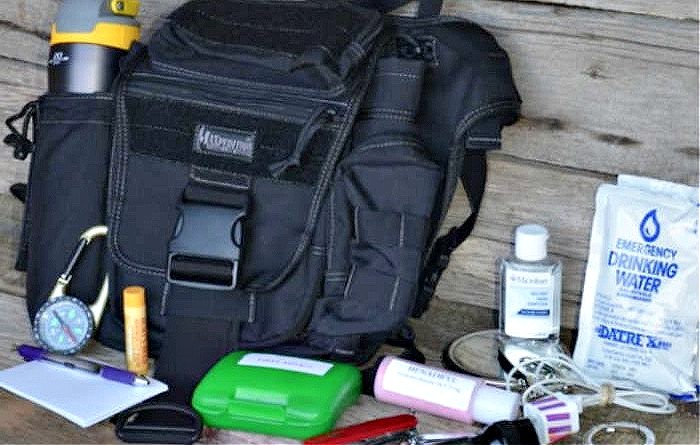

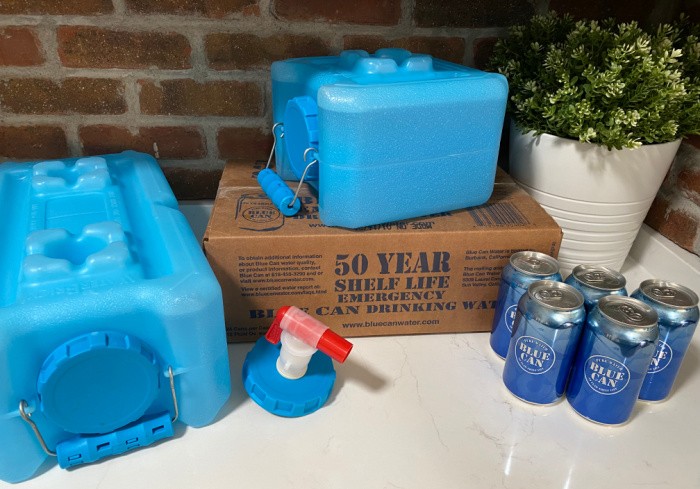
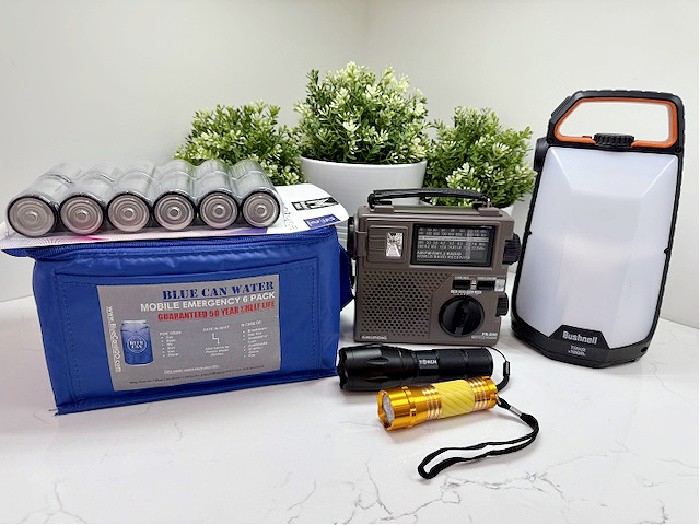
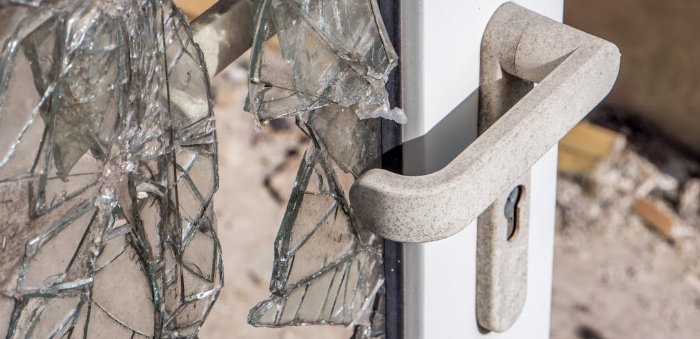

Linda,
You definitely want to filter any rainwater you intend to use for drinking or cooking purposes. Roofs are dirty, full of dust, pollen and bird poop, not to mention bugs. I use what little rainwater we’re able to collect in my gardens.
HI Ray, I totally agree the water needs to be filtered before drinking or cooking. I will use it in my garden but hopefully will never have to drink it even if it’s filtered. But if we can collect water to water our gardens we will have it. Linda
Love this! Using rain is such a smart idea!
Hi Jess, thank you, I want to get a rain barrel when the budget is right! Linda
We collect rainwater for the animals and it definitely makes a difference in how much we use and don’t strain the well
Hi Matt, I LOVE hearing this, we need water so badly! Yeah for rain water!! Linda